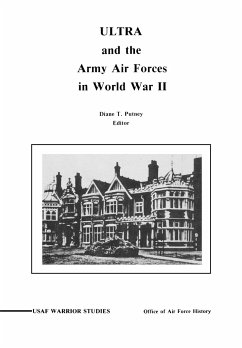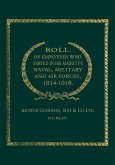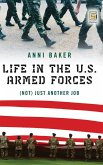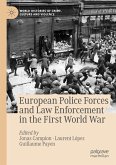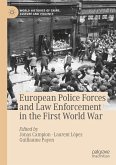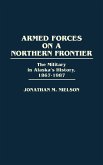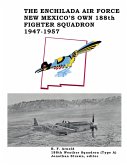During World War II, the American and British intercepted and read hundreds of thousands of their enemies¿ secret military and diplomatic message transmitted by radio. ULTRA was the designation for the signals intelligence derived from German radio communications encrypted by the ENIGMA cipher machine. At the British Government Code and CipherSchool at BletchleyPark, British and American military personnel, including a young officer named Lewis F. Powell, were indoctrinated in ULTRA intelligence. In "ULTRA and the Army Air Forces in World War II: An Interview with Associate Justice of the U.S. Supreme Court Lewis F. Powell, Jr.", Justice Powell describes in detail his experiences at Bletchley Park and subsequent role in evaluating the use of ULTRA intelligence by the Air Force in the European Theater through the medium of an oral history interview with two U.S. Air Force historians. During his stay at Bletchley Park, Powell met the key figures in the ULTRA effort, including Alan Turing, about whom he says, ¿The word ¿brilliant¿ fails to reflect his genius.¿ Powell also talks about who among the Allied powers had access to ULTRA data, confirming that the USSR was never given access and that, due to British suspicions of certain individuals, the French received only limited information, even after D-Day. Powell also addresses such topics as the bombing of Dresden and Allied knowledge of such German weapons as the V-1, V-2, and ME-262. Included in an appendix are transcriptions of Powell¿s notes taken at Bletchley Park. His interview is supplemented by an informative essay, ¿The U.S. Military Intelligence Service: The ULTRA Mission,¿ by Air Force historian Diane T. Putney. ULTRA and the Army Air Forces in World War II is a remarkable firsthand account of the most extraordinary intelligence coup of World War II, told by an intelligent, observant, and articulate military participant. As such, it constitutes an important contribution to the history of the intelligence war that should be of interest to historians and intelligence professionals alike.

